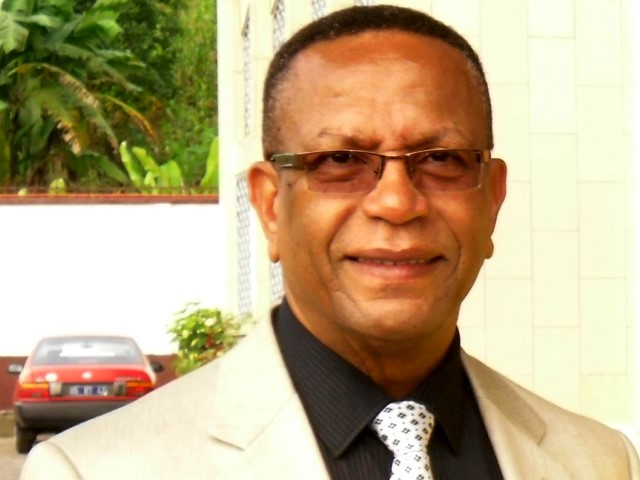PHILIPSBURG – After our new parliamentarians are sworn in on Monday, October 31, they will be faced at some point during their tenure with having to vote their conscience.
A careful look at St. Maarten’s State Regulation, commonly called the Constitution, reveals that there is no such article or phrase in our law that charges parliamentarians to vote their conscience.
In the State Regulation of the former Netherlands Antilles, however, voting one’s conscience was regulated in article 61 which read: “the members of Parliament will vote in good conscience, without interference by or consultation with those who elected them.” This article was taken from the constitution of the Netherlands. In 1983 the Netherlands amended this article to read: “De leden stemmen zonder last” which means “The members [of parliament] will vote without interference” or “the members shall not be bound by any instructions.”
When Aruba, Curaçao and St. Maarten became separate countries within the Kingdom of the Netherlands they each included this article in their respective State Regulations. Consequently, article 61 sub 3 of the St. Maarten State Regulation reads “de leden stemmen zonder last” which has been officially translated as “The members shall not be bound by a mandate or instructions when casting their votes.” Here the translator took the liberty to give the interpretation of this article rather than the translation of the text.
Based on article 61 sub 3 of St. Maarten’s State Regulation our parliamentarians have the right, while on the floor of parliament, to vote against party policies, programs and decisions as long as their vote serves the best interest of the people. According to article 44 parliamentarians are elected to represent all of the people of St. Maarten and not only their own constituencies.
Besides, based on article 56, they swear that they have not made any promises, will not accept any bribes and will promote the welfare of St. Maarten to the best of their ability. At times this may actually mean going against the party’s policy or agenda. A very good example of voting one’s conscience and applying article 61 sub 3 was demonstrated during the recent debate of the 2016 draft national budget in March of this year.
Even though his political party was opposed to the draft budget, MP Dr. Lloyd Richardson supported the ruling coalition on this matter and voted in favor of the national budget. Also commendable was the fact that MP Richardson did not walk out of the meeting, as some of the other parliamentarians did, when it came time to vote, but he stayed and motivated his vote. He stated that “because he knows the budget is a projection and knows that his country is in peril he voted in favor of the budget since they are men and women in the people’s house,” according to SMN-NEWS.
In this instance, MP Lloyd Richardson clearly put country and the people above party interest and self-interest. This is exactly what article 61 sub 3 is all about! It was never meant to support or justify ship jumping or disagreements between a parliamentarian and his or her party. This article allows a parliamentarian to stand on the floor of parliament and vote, in good conscience, on what he or she believes is right and good for the people whom he or she represents without undue pressure from the party or from family, financial supporters or any other interest group.
Several of our MPs have jumped ship based on this article, but have never stood up in parliament and given their reasons for doing so. I am still to hear the many MPs and MPs elect from previous parliaments, who jumped ship, explain on the floor of parliament, why they opted to leave their respective parties. By the way, I think that the Dutch word “zetelrover” or “seat robber” instead of ship jumper is a better description of what takes place when a parliamentarian crosses party lines.
Should parliamentarians vote their conscience? Yes they should, but it must always be done in the best interest of the people and of St. Maarten and not for the sake of self-interest. I believe that MPs also have a moral obligation to inform the people who elected them and to motivate their vote on the floor of parliament as to why they decide to go against their party’s policies and agenda.
I congratulate all of our incoming MPs and wish them well, especially those who are entering parliament for the first time. Let your conscience be your guide throughout the next four years!
Wycliffe Smith
Leader of the St. Maarten Christian Party





























